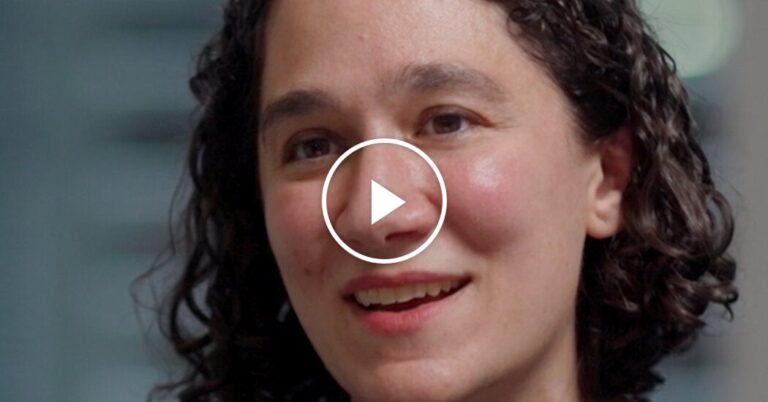The particular problem that I’m worried about is wokeness, because the reason why I think the great feminization thesis is important to talk about is because I see a lot of people walking around right now thinking that wokeness is over. They say the vibe shift is here. We don’t need to worry about it anymore. But I’m saying that if it’s the result of structural forces and demographic feminization, then we cannot be so complacent because wokeness is here to stay if that’s the case. The one thing I really couldn’t get purchase on from your essay is I got a very clear sense of masculine vice and masculine virtue, that masculine virtue is about risk-taking, about embracing chances, brotherhood, fighting, making up, a comfort with turbulence. And masculine vices are about vulgarity, condescension towards women in some sense, though, and female vices are about gossiping, backbiting, irrationality, ostracism. I never got a sense of whether there were female virtues at all from your piece, genuinely. And that’s why I’m asking. I got a sense of balance for the men, but not for the women. I saw that you made that criticism elsewhere. It’s a question. It’s only a criticism depending on your answer. If you want to know what I like about women —— -No, that’s not my question. -You can ask me. In fact, I invite you to commission from me an entire essay on the subject, what I like about women. -What do you like about women? Do you —— Freelance rates are very reasonable. What do you like about women, Helen? Well, just to finish that particular thought before I answer that question. It’s a little bit feminine, honestly, to focus on my likes and dislikes. I’m not asking about your likes or dislikes. I don’t care about myself. I’m not asking about the world, and I —— I am telling you that when I look at the world, I do not see any institutions that are currently suffering from an excess or insufficient feminization. Helen, I don’t care about your likes and dislikes because that’s not what I found compelling about your portrait of risk, which we both value as a genuine virtue, not a matter of preference, like chocolate or vanilla. Do you think there are objective virtues for women in the same way you think there are objective, primatology-based vices for women? It seemed to me, just as a reader of the essay, I felt like I was actually clear on what Helen thought female virtues were. I was less sure how those virtues manifest themselves in public institutions and the professions. So it seemed to me that Helen, this is a point of agreement between the two of you, that women, for biological reasons, are oriented towards forms of care and love and communitarian spirit that men are maybe not as good at. I was interested in, well, what do those female virtues bring to a newspaper or a corporation? Or are they virtues that —— And again, this would be the trad, a trad view would be, yeah. Women have virtues and they’re best exercised in the home. -To say a word to Leah first. You’ve written several books and I’m sure you’ve read reviews of those books. Hopefully, as fellow authors, we can agree that it is unfair when book reviewers criticize you for not writing the book they would have written. So it’s possible that I didn’t write the essay you would have written. I just want to know now —— -And it was missing information that was curious to you, but I didn’t think that was the assignment. And I think you should take the essay on its own terms. I’m asking you as a thinker, as a thinker, I respect, about what virtues you see in women. They were apparently clear to Ross, because I think the answer he just gave about care was pretty close to the mark.

